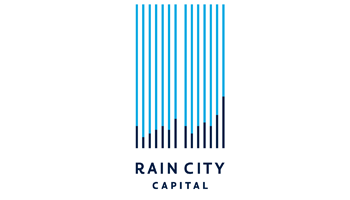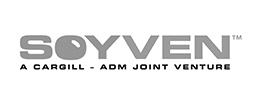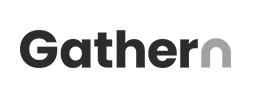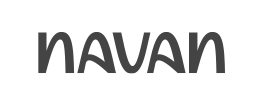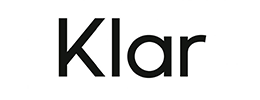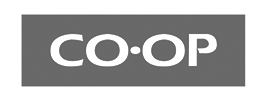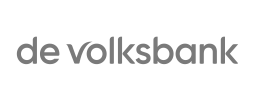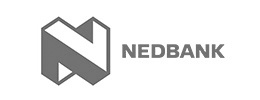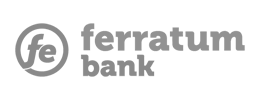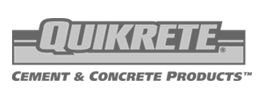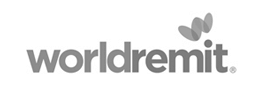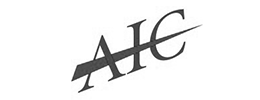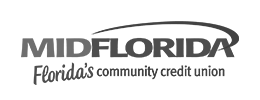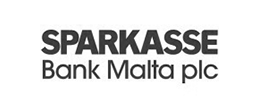What is account certification: the five-minute guide
Account certification revisits balance sheet accounts at period-end and confirms the balances in a standardized manner. The process underpins accurate and transparent financial reporting. Errors in financial statements can lead to regulatory penalties, misinformed decisions, and a loss of stakeholder trust. Account certification is a formal component of ensuring financial integrity and compliance. But what exactly is account certification, and why is it essential in the financial close process?
This comprehensive guide will walk you through:
- the concept of account certification,
- its key role in financial close,
- the benefits it brings,
- the challenges businesses face,
- and how technology steps in to help.
Understanding account certification makes feasible discussion on its improvement as part of strengthening every organization’s financial framework.
What is Account Certification?
Definition
Account certification is the systematic process of verifying, reconciling, and approving financial accounts to ensure their accuracy and compliance. It involves a detailed four-eye (or more for that matter) review to confirm that all transactions and balances are accurate, properly recorded, and supported by relevant documentation.
Key elements of account certification include:
- Review: Examining account transactions to ensure there are no anomalies or unrecorded items.
- Reconciliation: Balancing accounts against supporting documentation or external data.
- Approval: A final sign-off, usually by a financial controller or auditor, indicating the account is accurate and ready for reporting.
Who is Involved?
Account certification is a collaborative process involving several personnel:
- Accountants perform reconciliations and prepare supporting records.
- Financial Controllers review and approve the accounts for accuracy.
- Auditors ensure compliance with industry regulations and verify the authenticity of processes during internal or external audits.
A key element of this chain of collaboration is the strict separation of roles. This means that the Preparer, The Reviewer and the Approver should be different individuals and bear individual responsibility. Mutual control and competence to perform internal scrutiny on the reporting output provides guarantees that reported financial results are free from errors, discretion, and misrepresentation.
Types of Accounts Certified
Common account types subject to certification include:
- Cash Accounts to ensure inflows and outflows balance to the current cash position.
- Accounts Receivable and Payable to track outstanding debts and liabilities.
- Fixed Assets to maintain accurate value throughout the asset lifecycle.
- Inventory Accounts for proper stock valuation and movement.
Components of Account Certification
The account certification process typically involves:
- Account Reconciliation to confirm balance accuracy. In a company with a loaded chart of accounts and multiple subledgers, the process of account preparation is structured in a cascade of approval chains. Subordination and coordination are key characteristics of the process.
- Supporting Documentation that validates account entries. Any discrepancies should be properly explained. To that end, preparer should link documentation that track movement and make evident the grounds for corrections. During audits, auditors take samples of high-risk accounts and demand documented justifications. They better be there
- Review and Approval Process to finalize the accuracy and integrity of certified accounts. The responsibility to examine and confirm the logical consistency of the prepared account balances is a central element of the process. Depending on the regulatory framework, failure here can entail professional and/or criminal liability. Account attestation and certification is exactly that – a formal sign-off provided by competent approvers.
The Key Role of Account Certification in Financial Close
What is Financial Close?
Financial close is the finalization of period-end accounting activities, where organizations double-check and validate financial records. It involves reconciling balances, recording adjustments, and preparing financial statements. Both the process and the output of the financial close are subject to evaluation for robustness and credibility.
Ensuring Accuracy
Account certification acts as a safeguard against errors in the financial close process. Especially in complex, hierarchical, multi-level organizations, the reporting of results can face numerous bottlenecks and pitfalls. They can result from negligence, technical errors, policy inconsistency or malign intent. By pinpointing and resolving discrepancies early, account attestation is a collaborative method to ensure reliable financial statements that stakeholders can trust.
Compliance and Audit Readiness
Regulations like the Sarbanes-Oxley Act (SOX) mandate internal controls over financial reporting. Account certification plays a key role by:
- Ensuring compliance with regulatory standards. Those include reporting adequacy, data integrity, robust internal checkpoints, and clear segregation of roles and responsibilities.
- Offering traceable and transparent documentation for auditors. Accounting departments should be able to demonstrate to external stakeholder that evidence for the reported result exist and accompany the financial statements. Traceability and auditability are in the foundation for accountability.
Improving the Efficiency of Period-end Reconciliation
By maintaining accurate accounts throughout the period, account certification streamlines the financial close process, reduces last-minute adjustments, and enables quicker preparation of financial statements.
Ideally, organizations should adopt continuous accounting. This modern approach integrates accounting tasks into daily operations rather than deferring them to period-end closings. It leverages automation, real-time data processing, and ongoing reconciliation to create a more dynamic, accurate, and efficient accounting function.
In reality, however, review of balance sheet accounts and their forwarding for final approval takes place in a narrow window at month-end. The rush and pressure to stay on top of the workload is immense. Most deficiencies are caused by outdated tools. Conceivably, the cannot be compensated for by mere “trying harder”. Continuous accounting has been made feasible exactly because the technology for it has emerged recently.
Impact on Decision-Making
With certified, accurate data, management can make informed strategic decisions, ensuring long-term growth and operational efficiency.
Benefits of Effective Account Certification
When done right, account certification offers several benefits:
- Risk Mitigation: Prevents financial misstatements and fraud risks.
- Transparency: Builds stakeholder confidence with clear and reliable reporting.
- Better Decision-Making: Strengthens reliability in financial data, aiding strategic choices.
Challenges in Account Certification and How to Overcome Them
Common Challenges
Despite its importance, account certification is not without challenges:
- Manual Processes and Human Error often lead to delays and inaccuracies.
- Reliance on Spreadsheets results in disjointed and error-prone workflows.
- Data Silos and lack of integration across systems hinder transparency.
- Lack of Standardization leads to inconsistencies in documentation and approvals.
- Time Constraints during the financial close period increase pressure and errors.
- Missing Documentation creates roadblocks in validating account transactions.
Potential Consequences of Inefficiencies
Failing to address these challenges can result in:
- Financial misstatements.
- Negative audit findings and potential regulatory penalties.
- A loss of stakeholder confidence in financial reporting.
Solutions for a Smart Financial Close
Organizations can overcome these challenges by:
- Implementing Automation through financial close management solutions to handle repetitive tasks and reduce errors.
- Standardizing Processes with templates, account review and approval workflows, and clear guidelines across teams.
- Investing in Integrated Technology that eliminates silos, connects data sources, and facilitates collaboration.
Future Trends in Account Certification
Emerging technologies and practices are transforming account certification. Here’s a look at what the future holds:
Automation and AI
AI-powered platforms are revolutionizing the process by:
- Automating reconciliations and anomaly detection.
- Reducing manual intervention and time spent on certification tasks.
Integration with ERP Systems
Seamless integration with ERP systems ensures all financial data is centralized and accessible, improving efficiency and reducing errors.
Real-Time Reporting
Continuous certification allows companies to maintain up-to-date account accuracy, shortening close cycles, improving team synchronization and enabling faster decision-making.
Regulatory Developments
Compliance requirements are becoming more stringent every year. Businesses must stay prepared for evolving regulations by adopting modern, adaptable solutions.
Best Practices for Effective Account Certification
Follow these best practices to optimize account certification in your organization:
- Implement Standardized Processes:
Use templates and checklists to guide your team. Follow a reconciliation and certification blueprint that would channel team efforts towards efficiency. Managing the period-end certification process in a centralized software system carries out the certification steps in a streamlines and controlled manner. - Leverage Robust Reconciliation Software Technology:
Automate manual tasks and benefit from improved accuracy immediately. Modern financial close management solutions like ReconArt handle most of the error-prone time wasters such as balance data retrieval, data entry and transformation, notification, reporting and documentation. - Monitor and Improve Continuously:
Regularly review workflows and refine them for greater efficiency. Automation helps accountants focus on their core competences and removes productivity blocks. Account certification with ReconArt reaffirms good practices and helps address persistent bottlenecks.
Strengthen Your Financial Framework Today
Besides peace of mind about regulatory compliance, strategic decision-making and shareholder trust require streamline financial close sound account certification processes. By proactively managing this process, organizations mitigate risks, enhance transparency, and unlock greater efficiency.
Modern tools and automation solutions break businesses free from creaky spreadsheets and arbitrary close practices. ReconArt can simplify certifications, integrate your data sources, and provide real-time insights.
Take the first step to transforming your financial operations today. Explore enterprise solutions tailored to account certification and boost your organization’s financial health.

 follow our blog
follow our blog